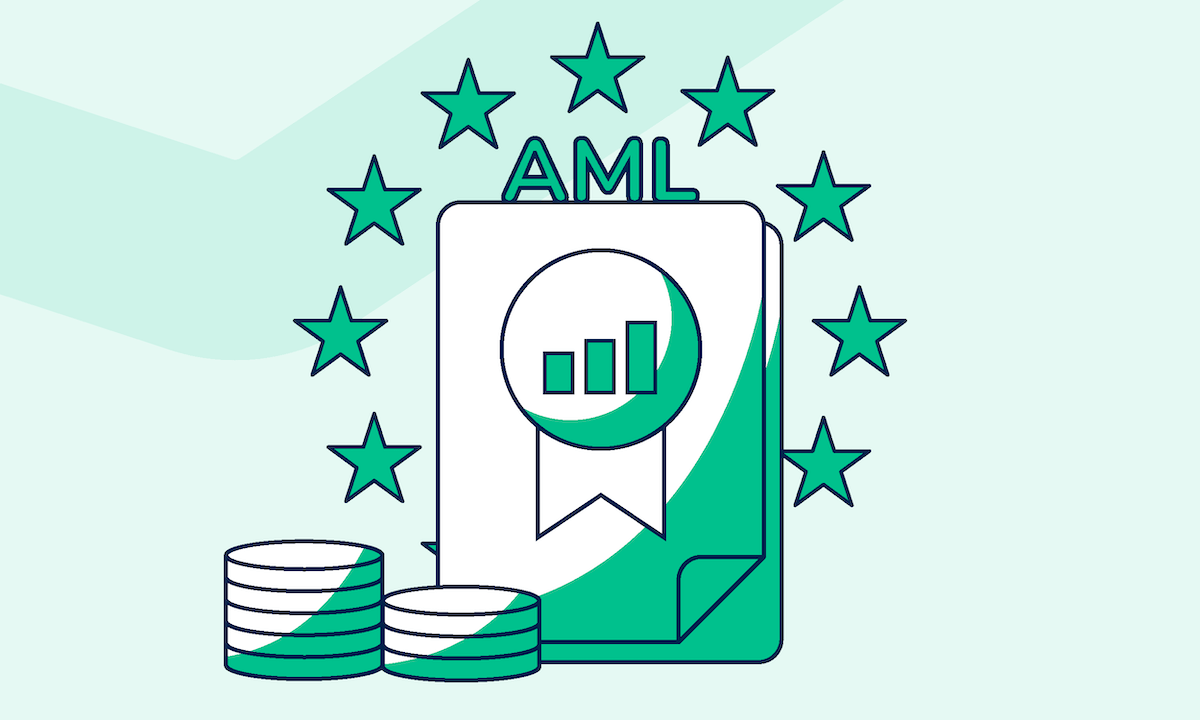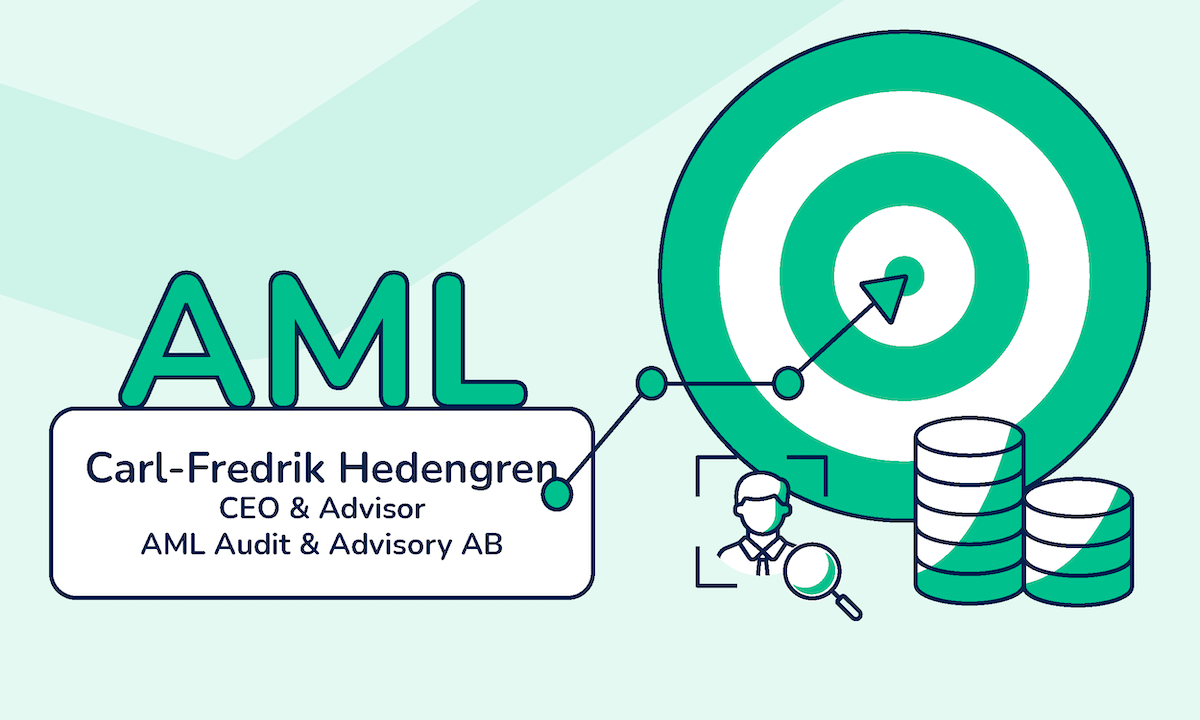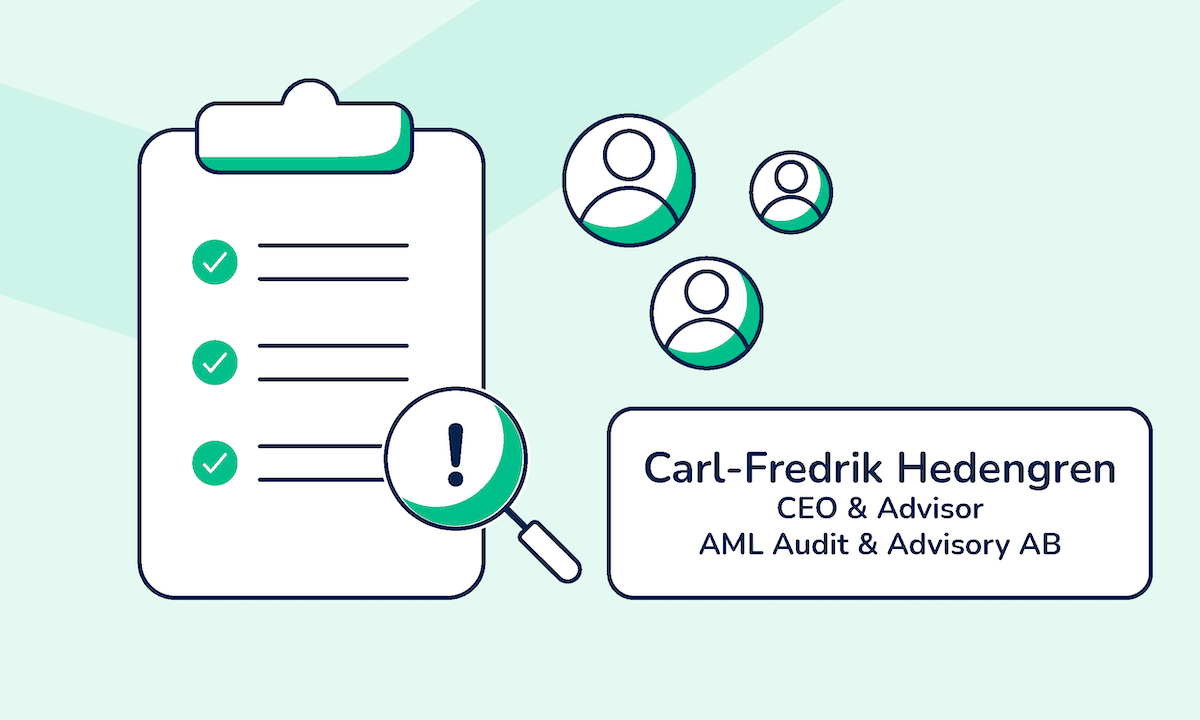The COVID-19 pandemic and changing customer expectations have significantly accelerated digital transformation in real estate and property management in the past few years.
Most major players in the industry are now leveraging digital technology to optimize their processes, meet rising customer expectations, and improve their bottom-line. In the meantime, real estate and property management companies that have not yet embraced digital transformation face the risk of being left behind.
Therefore, real estate professionals and property managers must invest in digital transformation to stay competitive in today’s digital world. This article will help you better understand the benefits of digital transformation in real estate and property management and get started with your digital transformation journey.
Accelerating digital transformation in real estate and property management
Do you want to kick off your company’s digital transformation but don’t know where to start? There are several technologies that are currently revolutionizing the way that real estate professionals and property managers work — from CRM systems and property management software to digital signature platforms and KYC automation.
CRM systems
Storing and managing interactions with existing and potential customers within worksheets and emails can severely hurt the customer experience. Manually handling clients and prospects often leads to information silos, inconsistent client experiences, incorrect data, missed opportunities, and a lack of customer insights.
CRM solutions allow real estate professionals and property managers to manage and store all client data within one platform. With CRM software, you get a complete overview of all client interactions, which enables you to offer personalized experiences to all your customers and prospects. On top of that, CRM software also enables real estate professionals to gain actionable insights and identify opportunities to upsell and cross-sell.
Key features of a CRM software include:
- Customer and prospect management: CRM systems make it easier for real estate professionals to score and categorize potential and existing customers, assign leads to sales reps, track lead progress through the sales funnel, and provide a more personalized customer experience.
- Reports and dashboards: CRM software provides real estate professionals with valuable insights into customer behavior, sales performance, conversion rates, and other relevant metrics. This improves forecasting accuracy and enables business leaders to make informed decisions.
- Automation of manual tasks: Real estate professionals can use CRM software to automate various time-consuming tasks — from scheduling meetings and sending follow-up emails to categorizing leads and adding them to different campaigns.
- Integrations with other software: The integration capabilities of CRM software allow you to manage all your processes from one platform. Get documents signed, run marketing campaigns, and collaborate with teammates without having to switch between different tools all the time.
- Marketing: CRM software allows real estate businesses to create email marketing campaigns and set up rules to automatically add leads and customers to these campaigns. By ensuring that each customer segment receives emails that are tailored to their specific needs, real estate professionals can improve customer engagement and conversions.
A CRM system helps real estate professionals save time, cut costs, and focus on better satisfying their customers’ needs.
Property management software
As a property manager, you have to do your best to meet the expectations of the property owners as well as the expectations of the tenants. Property management software can help you reduce manual work and provide a seamless experience to your stakeholders.
Property management software allows you to easily manage leasing and maintenance requests, collect online payments, advertise your listings, maintain accounting records, conduct tenant background checks, and measure performance — all in one platform.
Key features of a property management software include:
- Automation of manual tasks: Automate rent collection, tenant communication, lease management, tenant screening, rental application processing, and many other tasks. Less time spent on administrative tasks translates into higher productivity and profitability.
- Asset and tenant management: Property management software provides you with a clear overview of all your properties and their occupancy rates as well as information about your tenants and their lease agreements. You can easily see the start and end date of every lease agreement and handle lease renewals, terminations, and amendments directly from the system.
- Integrated accounting: Property management software allows property managers to automate rent collection, track expenses, generate invoices, and stay on top of their accounting duties. Moreover, many property management systems integrate with accounting software to streamline bank reconciliation and improve the accuracy of financial data.
- Online portals for tenants: Various property management systems provide online portals where tenants can log in and see their lease agreements, payment history, and other rental-related information. These online portals also enable tenants to communicate with property managers and submit maintenance requests in a simple and convenient manner.
- Integrations: Property management software can integrate with accounting tools, digital signature platforms, document management systems, and more. This allows you to handle all your processes from a single platform and reduce human errors.
By using property management software, property managers can save time, reduce errors, and improve operational efficiency.
Digital signature tools
Real estate professionals and property managers have to deal with a large number of documents on a daily basis. Getting these documents signed by hand is a tedious, time-consuming process.
You must print the documents, send them to the recipients via snail mail, and then wait for the signatures. Hence, collecting handwritten signatures can take several days — even weeks — depending on how busy the signers are. Not to mention that this process is highly inconvenient for the signers.
Luckily, the entire signing process can be automated with the help of a digital signature tool, such as Penneo Sign. Penneo Sign allows you to route documents to multiple signers in a specific order, schedule automatic reminders, sign documents digitally, and keep contracts organized.
Plus, digital signatures can verify the signer’s identity and protect the signed documents against any subsequent changes. Therefore, all documents signed with a digital signature are legally binding according to the eIDAS regulation.
Key features Penneo Sign include:
- Rule-based document routing: Make sure that your documents get signed by the right people in the right order. Penneo Sign allows you to set up routing rules for different types of documents and decide which signer roles need to sign a document and in which order.
- Secure digital signatures: Penneo Sign enables signers, property managers, and real estate professionals to sign documents digitally with their electronic ID. This makes it possible to identify the signer and ensure the integrity of the signed documents.
- GDPR-compliant data storage: Penneo Sign securely stores data and documents in full compliance with EU’s GDPR.
- Data collection via PDF forms: Our customizable PDF forms allow real estate professionals and property managers to collect information from sellers, buyers, and tenants in a secure manner. All data collected via Penneo forms is end-to-end encrypted, ensuring that only authorized people have access to it.
- Integrations & API: Penneo Sign integrates with several property management solutions, such as Unik Bolig, EG Bolig, and KTP’s WebBolig, thus allowing you to send documents for digital signatures directly from these platforms. You can also use our API to build your own integration.
- Automated reminders: With Penneo Sign, you can schedule email reminders to be sent out to the signers to ensure that all documents get signed on time.
By implementing a digital signature tool like Penneo Sign, real estate professionals and property managers can streamline their processes and significantly improve client and tenant satisfaction.
KYC automation software
Estate agents must comply with the obligations set out by their national Anti-Money Laundering law. This means that they have to carry out KYC processes in order to identify their clients and their clients’ beneficial owners as well as to assess the ML/TF risk associated with each client.
Manual KYC processes are slow, costly, and insecure. When KYC data and documents are spread across several worksheets, it is much harder to keep track of them. This makes it more challenging to document your compliance and prove it to the authorities in case of an inspection.
Digital KYC software, such as Penneo KYC, aims to solve the issue of inefficient KYC processes. With a digital KYC tool, real estate professionals can automate customer due diligence (CDD) and risk assessment, store personal data and documents securely, and keep accurate records that are readily accessible.
Key features of Penneo KYC include:
- Identity verification: With Penneo KYC, you can securely collect identity information and documents from your clients. All data is end-to-end encrypted to prevent unauthorized access. For Danish customers, it is also possible to request identity verification via MitID.
- Identification of beneficial owners: Penneo KYC automatically retrieves data about the client and its beneficial owners from official registers, so you don’t have to look this information up manually anymore.
- Data storage in compliance with GDPR & AML laws: Penneo KYC securely stores data and documents in full compliance with EU’s GDPR. You can also schedule the automatic deletion of the data in accordance with the national AML law that your company is subject to.
- Guided risk assessment: With Penneo KYC, it is easier than ever to perform risk assessments. The risk assessment frameworks that we use are created in collaboration with local AML experts and enable you to carry out the business-wide AML risk assessment as well as client risk assessments in full compliance with the law.
- Screening of PEP & sanctions list: Penneo KYC automatically screens your customers against PEP and sanctions list, so you can easily identify the situations where you have to carry out enhanced due diligence.
- Integrations & API: Penneo KYC integrates with various systems, such as Ratios, Visma e-conomic, and Abakion Legal. You can also use our API to integrate Penneo KYC with your existing tools.
- Notifications: Penneo KYC continuously monitors your clients and their beneficial owners and notifies you of any changes in their circumstances.
- Comprehensive documentation: Companies subject to AML laws must document their KYC processes and be able to prove their AML compliance to the competent authorities in case of an inspection. That’s why Penneo KYC records every step of the KYC process in an audit log.
By implementing a KYC automation tool like Penneo KYC, estate agents can stay on top of their legal obligations, improve the security and efficiency of their processes, and provide a better customer experience.
What are the benefits of digital transformation in real estate?
Digital transformation offers numerous benefits to real estate and property management companies — from increased efficiency and productivity to improved data security and compliance.
Improved efficiency & productivity
Automation helps businesses save valuable time and provide a better customer experience while minimizing costs. With digital tools, you can streamline repetitive and time-consuming processes and spend the time you save on creating more value for your clients.
Customer satisfaction & retention
Customers nowadays expect convenience and interactions tailored to their unique needs. Digital technology can help you provide seamless and personalized customer experiences, leading to increased customer satisfaction and retention.
Actionable insights
Digital tools allow businesses to collect valuable data, analyze it, and gain valuable insights that can be used to make informed business decisions and predictions about the future.
Accessibility & availability
Digital solutions allow you to access your business data from anywhere and from any device. Your data is also backed up regularly to ensure high availability and business continuity.
Security & compliance
Digital tools also help you stay on top of security and compliance duties. They not only employ encryption, role-based access control, and multi-factor authentication to ensure the protection of personal data, but also create audit trails that make it easier for you to prove your compliance to the authorities.
Final thoughts
Digital transformation in real estate and property management is essential to avoid losing competitiveness and opportunities. In an increasingly digital world, real estate agents and property managers must invest in digital transformation to improve the efficiency of their processes and enhance the client experience in order to stay relevant.
Start your digital transformation journey with Penneo Sign & Penneo KYC!





